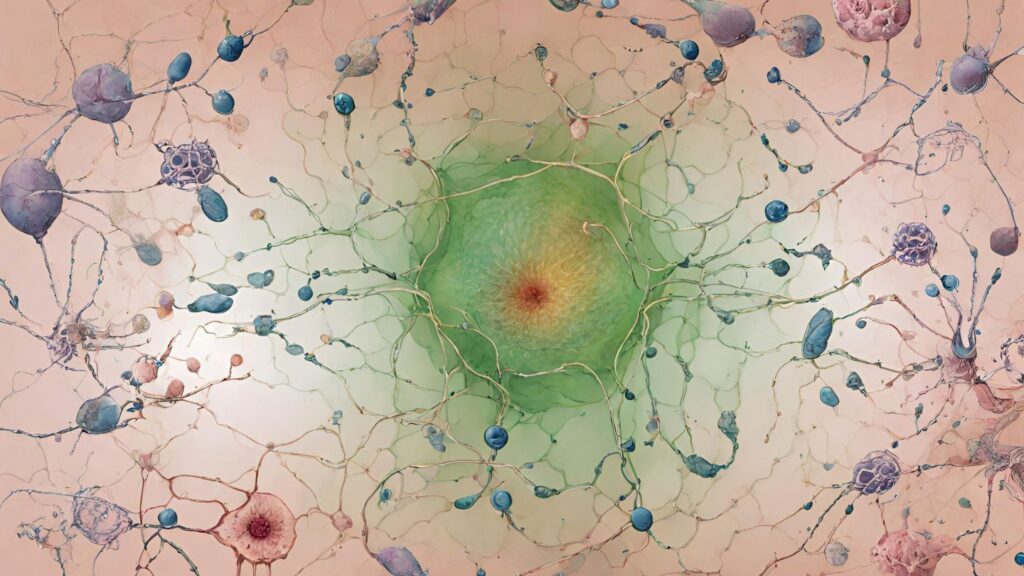Unveiling the Mind-Body Dialogue: How Pathogenic Infections Impact Mood
In the dance between our physical health and mental well-being, an intersection emerges—where pathogenic infections weave a subtle thread into the fabric of our mood. While not a direct replication of microbial “quorum sensing,” the connection between infections and emotions reveals a profound mind-body dialogue.
The Immunological Symphony: Mood and Infections
In the study of psychoneuroimmunology, scientists unravel the interactions between our immune system, nervous system, and psychological states. When the body faces pathogenic invaders, a cascade of responses is triggered, releasing inflammatory molecules such as cytokines. This isn’t merely a localized defense; it’s a signal that reverberates throughout the entire system.
Sickness Behavior: A Mirror to Quorum Sensing
Let’s explore the concept of “sickness behavior.” In response to infection or inflammation, the body undergoes a set of behavioral changes—a mirror to quorum sensing in bacteria. While not a conscious coordination, the immune system communicates with the brain, influencing neurotransmitter activity and, consequently, our mood.

The Cytokine Connection: Inflammatory Messengers
Cytokines, the molecular messengers of inflammation, play a pivotal role. As they course through the bloodstream, they reach the brain, impacting neural circuits that regulate mood. Elevated levels of cytokines have been linked to symptoms of depression and anxiety, offering a tangible link between our physical state and emotional well-being.
Beyond Quorum Sensing: A Bidirectional Influence
While not mirroring quorum sensing precisely, this bidirectional influence challenges the dichotomy of physical and mental health. Chronic infections or persistent inflammations become not just battles fought at a cellular level but also silent conductors shaping the emotional landscape.
Navigating the Mind-Body Terrain
Understanding this intricate dialogue invites a new perspective on health. It underscores the importance of comprehensive care—addressing not only the physical symptoms but also recognizing the potential impact on mental well-being. As we dig deeper into this frontier of mind-body connectivity, the recognition of how infections silently sway our mood opens doors to holistic approaches, where healing isn’t just physical but a harmonious dance between body and mind.

Harmony in Health
In this silent conversation between pathogens and mood, a profound truth emerges—our well-being is a holistic tapestry. Beyond the confines of individual systems, the interplay between infections and mood illuminates the need for integrated healthcare. As we strive for balance, acknowledging the subtle echoes of quorum sensing in our own physiological symphony, we chart a course towards a future where health is not segmented but seen as the harmonious integration of body and mind. This can be achieved through functional medicine testing, which offers a personalized understanding of the intricate interplay between infections, mood, and overall health. Embracing this comprehensive approach creates health that is not segmented but seen as the harmonious integration of body and mind.

